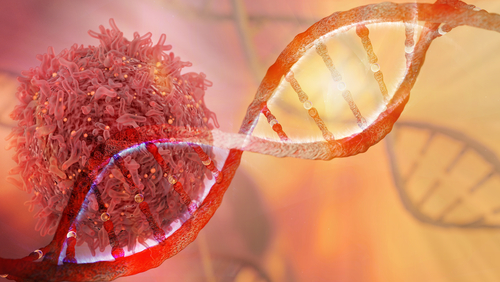- Race Oncology to trial its cancer drug, Bisantrene, in Israel and hopes to begin immediately
- The drug can eliminate serval different cancer types however Acute Myeloid Leukaemia is the most successful
- The drug previously disappeared for 25 years after a series of merges but now it is back
Race Oncology has announced it has signed an agreement with the Sheba Medical Center in Israel to trial its cancer drug Bisantrene.
The trial has already been approved by the Israeli Ministry of Health and its Research Ethics Committee so it is believed that the trial can start immediately.
Bisantrene is a cancer chemotherapy drug that has shown significant activity in several cancers but most notably in Acute Myeloid Leukaemia (AML).
It is a small molecule cancer drug related to the anthracyclines, most widely used class of cancer chemotherapy drugs. However, unlike most anthracyclines, Bisantrene has a greatly reduced risk of heart damage.
The drugs attack multiplying cancerous cells and it has also been known to have immunologic and genomic effects. In animal trials is was noted that Bisantrene activate immune cells and then attack and destroy tumour cells.
Despite its potential as a treatment for AML Bisantrene was lost after a series of mergers in the early 1990s. However, before it was lost it demonstrated impressive activity in treating AML so much that it was approved for the treatment of AML in France 1988.
The primary object of the trial is to generate clinical remissions in patients with AML who have relapsed after previous therapy, who are resistant to other therapy or cannot receive further anthracycline treatments due to heart conditions.
The trial is expected to recruit 12 adult subjects over a 12 month period and to report a range of outcomes such as leukaemia free survival and overall survival.
The patients are expected to receive 250mg/m2/day for seven days and in the event of a remission patients will receive a three day consolidation course also at 250mg/m2/day of Bisantrene.
Professor Arnon Nagler will be the principal investigator of the trial and he hopes the drug will work in unresponsive cases.
“I am excited about the potential for Bisantrene in our leukaemia patients in whom the disease is unresponsive and have very few alternatives. A number of new targeted agents have become available, but these are only useful in the small percentage of patients who have specific, identifiable mutations,” he said.

